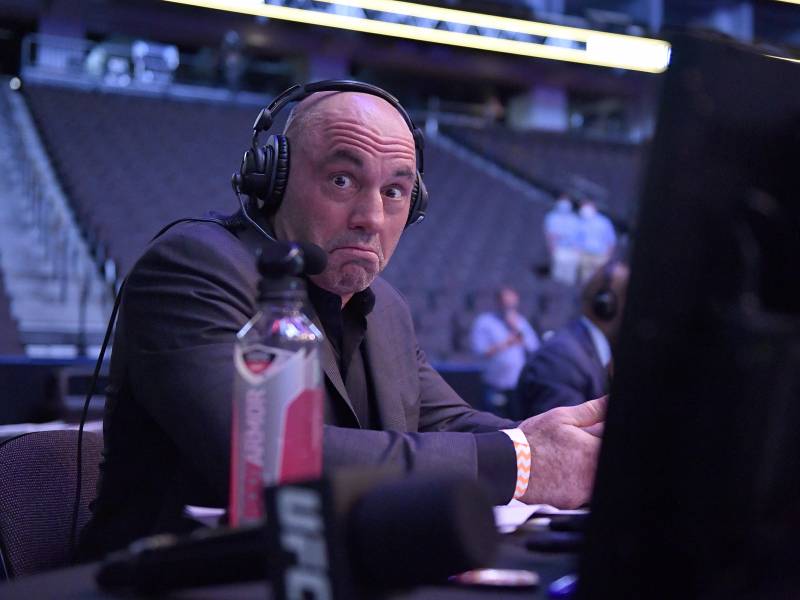“We are in a global health emergency, and streaming platforms like Spotify that provide content to the public have a responsibility not to add to the problem,” Wallace said.
It wasn’t the first time Rogan or his guests have floated dubious or outright false information about the pandemic. He has claimed young and healthy people don’t need COVID-19 vaccines. He has promoted taking ivermectin as a treatment, which the Food and Drug Administration has warned against.
Wallace and the other letter signers are not asking Spotify to kick Rogan off its platform. But they want the company to be more transparent about its rules, do more to moderate misinformation and make it easier to flag these kinds of baseless claims.
Spotify declined to comment to NPR. It has previously said it bans “dangerous false, deceptive, or misleading content about COVID-19 that may cause offline harm and/or pose a direct threat to public health.”
The company says it has taken down 20,000 podcast episodes for breaking that policy since the start of the pandemic. It has also taken down other episodes of Rogan’s show, including an interview with conspiracy theorist Alex Jones. But Rogan’s Malone interview is still available.
Last year, Spotify CEO Daniel Ek told Axios that the company does not take responsibility for what Rogan or his guests say. He compared the podcaster to “really well-paid rappers” on Spotify, saying, “We don’t dictate what they’re putting in their songs, either.”
Rogan did not respond to NPR’s request for comment.
Researchers say scrutiny of podcasts is overdue
Misinformation researchers say it was only a matter of time until the spotlight turned to podcasts.
“Wherever you have users generating content, you’re going to have all of the same content moderation issues and controversies that you have in any other space,” said Evelyn Douek, a research fellow at Columbia University’s Knight First Amendment Institute.
So why haven’t podcasts gotten the same kind of attention as social networks?
For one thing, it’s a fragmented medium. Podcasts exist across lots of different platforms and apps.
Douek says it’s also harder to ferret out falsehoods and hate speech in podcasts compared with posts written on Facebook and Twitter.
But audio can be a powerful way to spread misinformation because of all the qualities that make the format so compelling to listeners, said Valerie Wirtschafter, a senior data analyst at the Brookings Institution.
“The podcaster is in your ear,” she said. “It’s a really unique relationship in that respect, and so the podcaster gains a level of authority and a level of credibility among listeners.”
Wirtschafter says as more people become aware of how misinformation spreads online, audio deserves the same scrutiny as social media.
She has studied how the “Big Lie” that the 2020 presidential election was stolen from Donald Trump spread on political podcasts in the lead-up to the insurrection at the U.S. Capitol. She found that half the episodes of the most popular shows released between Election Day and Jan. 6, 2021, contained misleading or false claims about voter fraud and election integrity.
“We’re not talking about fringe ideas,” she said. “These are the most popular podcasts in the United States.”

9(MDAxOTAwOTE4MDEyMTkxMDAzNjczZDljZA004))

